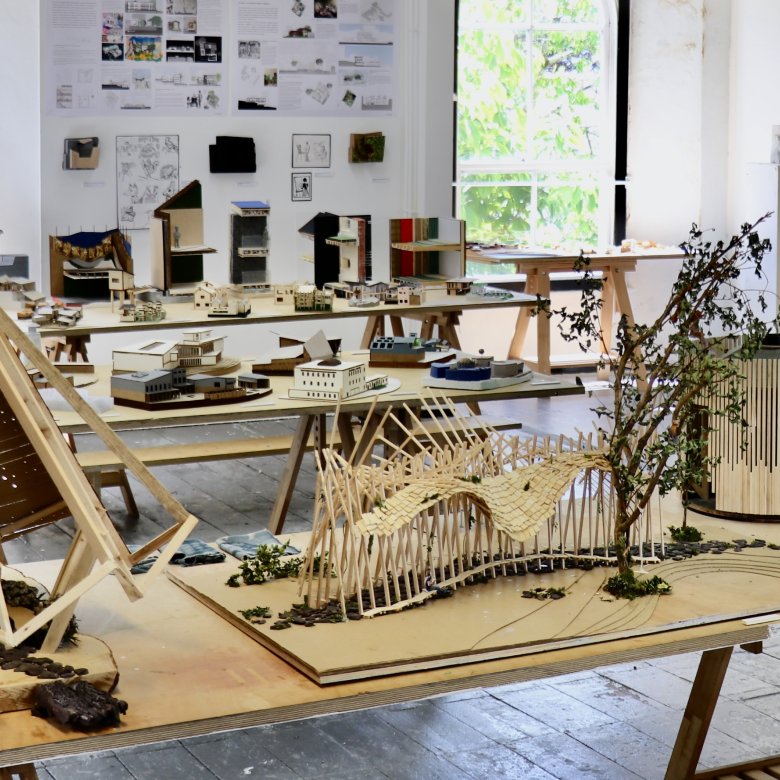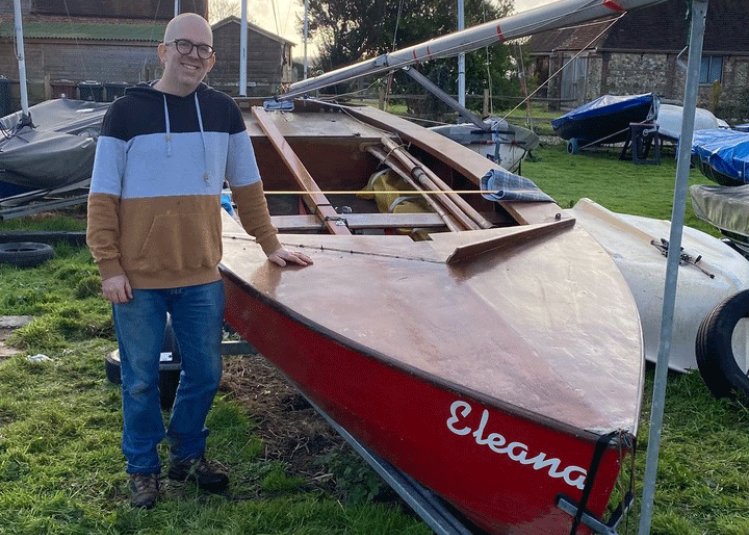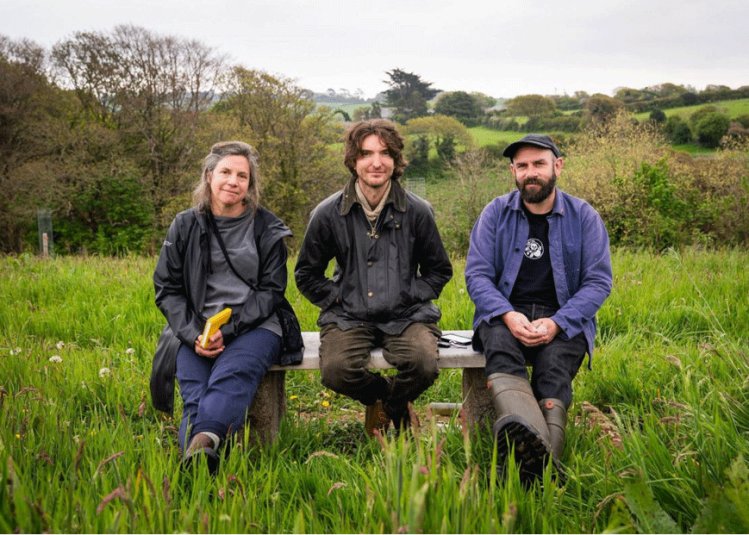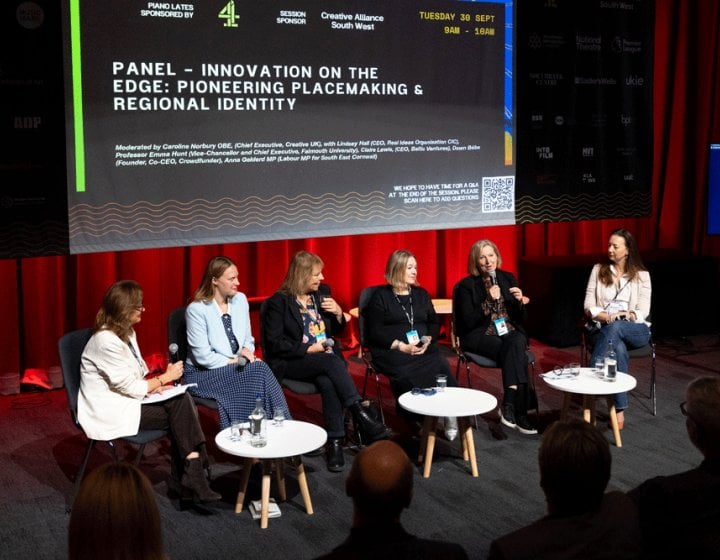Falmouth University joins national consortium to reimagine how we build healthy places for people and the planet
03 July 2025

With our built environment having a profound impact on human and planetary health, a new, pioneering UK-wide research project will use arts and humanities expertise to address the barriers to creating healthy, inclusive, and sustainable places.
The built environment’s impact is clear, but the possible paths to transforming it are not. By combining the insight from a consortium of three universities with practical industry knowledge, the consortium will investigate the barriers and provide researchers the opportunity to help construct the built environments of the future.
Falmouth University is the only specialist creative arts university in this major new research project, led by Oxford Brookes University, and working with Cardiff University, funded by the Arts and Humanities Research Council (AHRC). From October 2026 the Architectural Design and Humanities Promoting Transformation (AD[A]PT) consortium’s unique model will fund 20 researchers to tackle the barriers faced by architects, planners, conservationists and policymakers.
The doctoral studentships will be offered under the Healthy People, Place and Planet theme, with four places at Falmouth. Thirteen leading organisations, including RIBA, the Royal Town Planning Institute, the Royal Cornwall Hospital Trust NHS and the Chartered Institute of Building, will help shape the research and host students in practice.
Drummond Masterton, Head of Architecture & Design at Falmouth University said:
“Healthy, sustainable, and beautiful places shouldn’t be the exception; they should and can be our everyday reality. This project puts arts and humanities research at the heart of that mission and this consortium is a chance to ensure that innovative ideas become real-world solutions, working directly with the people who design, construct and manage the places we all share.
“At Falmouth, we’ll do what we do best: apply creativity to real-world challenges and ensure our research makes a tangible difference.
Our School already thrives on live briefs and industry collaborations. This consortium amplifies that, reinforcing Cornwall’s unique contribution to national and global conversations about how we live and build well together.”
Falmouth will offer four funded PhD studentships as part of this programme, with enrolment beginning in 2026. The research areas are wide-ranging, from exploring how design can support the UK’s net zero targets and biodiversity goals, to investigating how places can better promote health, wellbeing, and inclusion for diverse communities.
Dr Sarah Riviere, Senior Lecturer in Architecture at Falmouth University, said:
“At Falmouth, students joining the project will be part of a university with over 120 years of creative thinking and making at its heart. That legacy shapes how we approach architecture and design today as a radical, arts-centred practice that’s deeply connected to real communities and places. As part of the consortium, researchers will find the space, tools and support to tackle the challenges of the 21st century built environment through a different process: one that values experimentation, making, collaboration and the power of design to enable genuine change.”
The AHRC’s new Doctoral Focal Awards reflect the council’s commitment to ensuring that arts and humanities research delivers benefits for society and actively tackles major national and global issues.
The first application round will open in late 2025, with students starting in autumn 2026.




